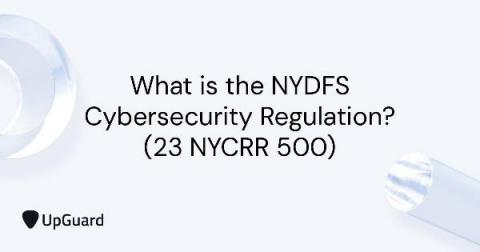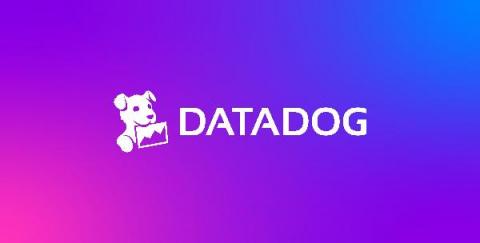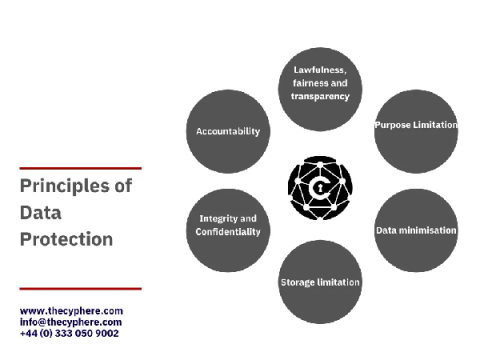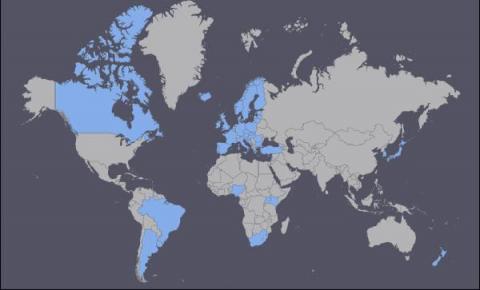What is the NYDFS Cybersecurity Regulation? (23 NYCRR 500)
The NYDFS Cybersecurity Regulation (23 NYCRR 500) is a set of regulations from the New York State Department of Financial Services (NYDFS) that places cybersecurity requirements on all Covered Entities (financial institutions and financial services companies). It includes 23 sections outlining requirements for developing and implementing an effective cybersecurity program, requiring Covered Entities to assess their cybersecurity risk and develop a plan to proactively address them.











